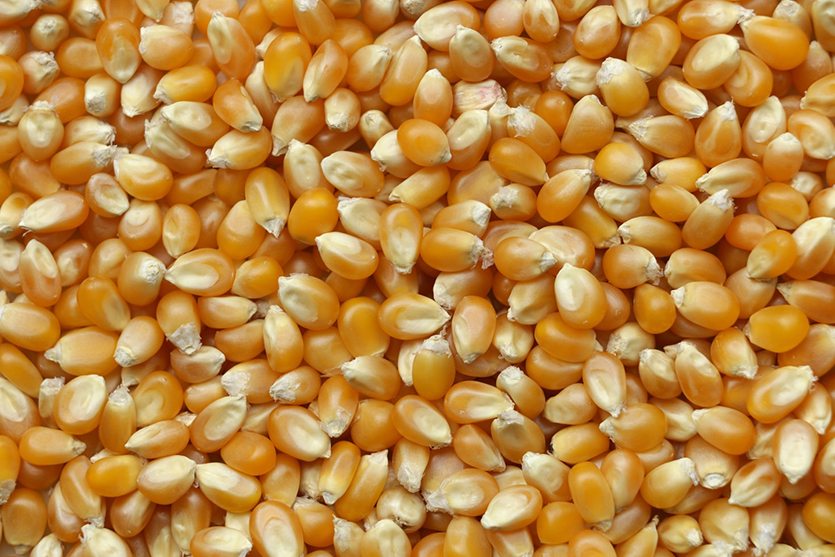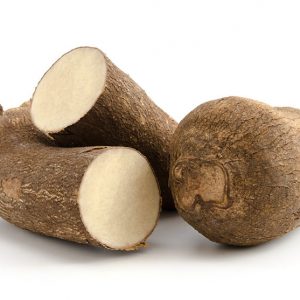Maize
Maize, Zea mays L. (corn), is the most abundantly produced cereal in the world. Maize, which was domesticated in central Mexico around 1500 BC, was introduced into Africa around 1500 AD, and spread to every corner of the continent within a relatively short period and is now Africa’s most important cereal crop.
It is a cereal grain first domesticated by indigenous peoples in southern Mexico about 10,000 years ago. The leafy stalk of the plant produces pollen inflorescences and separate ovuliferous inflorescences called ears that yield kernels or seeds, which are fruits.
Product Name: Maize
Botanical Name: Zea mays subsp. mays
Tariff – HS Code: 11042300
Local Productions: Approx 10.6 million metric tons/Yrly
Quality Standards
| Maize type | Moisture | Ash | Protein | Crude fibre | Ether extract | Carbohydrate |
| Salpor | 12.2 | 1.2 | 5.8 | 0.8 | 4.1 | 75.9 |
| Crystalline | 10.5 | 1.7 | 10.3 | 2.2 | 5.0 | 70.3 |
| Floury | 9.6 | 1.7 | 10.7 | 2.2 | 5.4 | 70.4 |
| Starchy | 11.2 | 2.9 | 9.1 | 1.8 | 2 2 | 72 8 |
| Sweet | 9 5 | 1 5 | 12.9 | 2.9 | 3.9 | 69.3 |
| Pop | 10.4 | 1.7 | 13.7 | 2.5 | 5.7 | 66.0 |
| Black | 12.3 | 1.2 | 5.2 | 1.0 | 4.4 | 75.9 |
Specifications
Moisture – 13.5% max.
Other colour maize – Max. 5% in yellow/2% in white
Defective maize – 6% max.
Broken grains – 5.5% max.
Diseased grain – 0.5% max.
Other grains – 2% max.
Foreign matter – 0.5% max.
Filth, dust, soil, dead insects – 0.1% max.
Presence of Datura seeds and other toxic seeds or traces of tropane alkaloids – Nil
Weed, fungal/mould growth or yeast (visual inspection) – Nil
Presence of Genetically Modified Organisms (GMO) – Nil
Radioactive residues/elements – Nil
Aflatoxin total – 4 micrograms/kg max.
Zearalenone – 350 micrograms/kg max.
Fumonisin B1,B2 – 4000 micrograms/kg max.
Deoxynivalenol (Vomitoxin) – 1750 microgram/kg max.
Package
Polyvinyl Plastic Containers (PPC) and dark compartment storage
Uses
Maize is generally used for animal feed. It is widely processed into various types of products such as cornmeal, grits, starch, flour, tortillas, snacks, and breakfast cereals. Maize flour is used to make chapatis or flat breads which are eaten mainly in a few Northern states of India.



Reviews
There are no reviews yet.